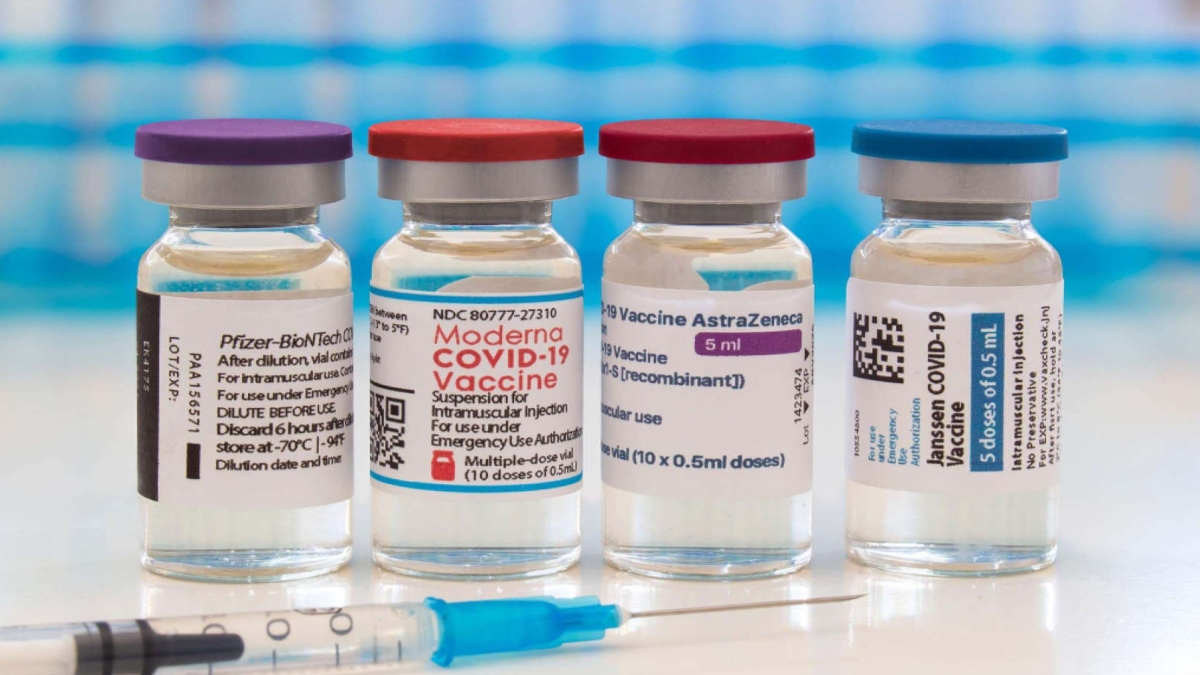


India has achieved the landmark of administering over 140 crores COVID-19 vaccination to its population, which has been globally acclaimed as a phenomenal achievement. India’s vaccination programme had started on 16 January 2021, and all vulnerable groups of the population received both doses in the first half of 2021. As a result of this, a significant majority of the population have developed antibodies, combined with those who have recovered from naturally acquired infection.
However, there is uncertainty regarding the duration of protection being offered as a result of the probable waning away of antibodies. Also, there have been instances of individuals being diagnosed with COVID despite having had two doses of COVID-19 vaccination. It is promising to note that the Indian government has considered the recommendation of the scientific committee of AHPI to introduce booster dose, to at least the vulnerable group, to begin with. The recommendation was made by the AHPI scientific committee, which deliberated on the subject in November 2021. The government is considering enabling the booster dose to be given to eligible people voluntarily. Ample stock of COVID-19 vaccine is available with the private sector also, and these may be effectively utilised for this purpose.
Prime Minister Narendra Modi recently announced the launch of the vaccination campaign for children in the age group of 15-18 years who form a major part of the unvaccinated, susceptible population in India. Moreover, opening the third or Booster dose for the healthcare and frontline workers as well as the senior citizens with comorbidities will help the country to protect its high-risk population, given the rising concerns of a third wave due to a variant of concern- Omicron.
The third or booster dose will help India to fight against the COVID-19 pandemic and will aid in checking the severity of Omicron. Unfortunately, the second wave had resulted in unprecedented death and destruction in its wake all over the country. It is time to take urgent action to enable the nation to be in a better position to face or avoid future waves. Apart from social distancing and masking, universal vaccination is a viable answer to prevent future waves. While the majority of the people in metro areas have relatively easy access to immunisation, a more focused effort for rural areas of the country is also urgently needed.
AHPI has been at the forefront, supporting the government at every stage during the pandemic. The private sector provides over 70% of healthcare, and in both the first and second waves, private healthcare has been a strong supporter, treating the majority of patients across the country. The private sector has also been partnering with the Government to ensure that as many possible adults are vaccinated before any future waves.
The scientific committee of AHPI has also suggested that the gap between the second dose and this third dose should be between 6 to 12 months.
With the emergence of new variants, the need for a third dose that may operate as a booster to the body’s immune system was felt all across the world, and numerous countries began delivering this third dose, also known as a booster dose.
Finally, studies have shown that immunity is protecting people against the effects of COVID-19. Hence, the priority should be universal vaccination. The virus thrives due to a lack of adequate vaccine coverage. When a virus infects and reproduces in tens of thousands of people, it has the potential to mutate, leading to the emergence of new variants. To prevent more VOCs from appearing, India needs to get ahead of the virus. If India achieves Universal Vaccination, it can hope to lessen the impact of the pandemic. The booster dose is one step forward towards safeguarding vulnerable and other groups.
The writer is President, Association of Healthcare Providers-India (AHPI).